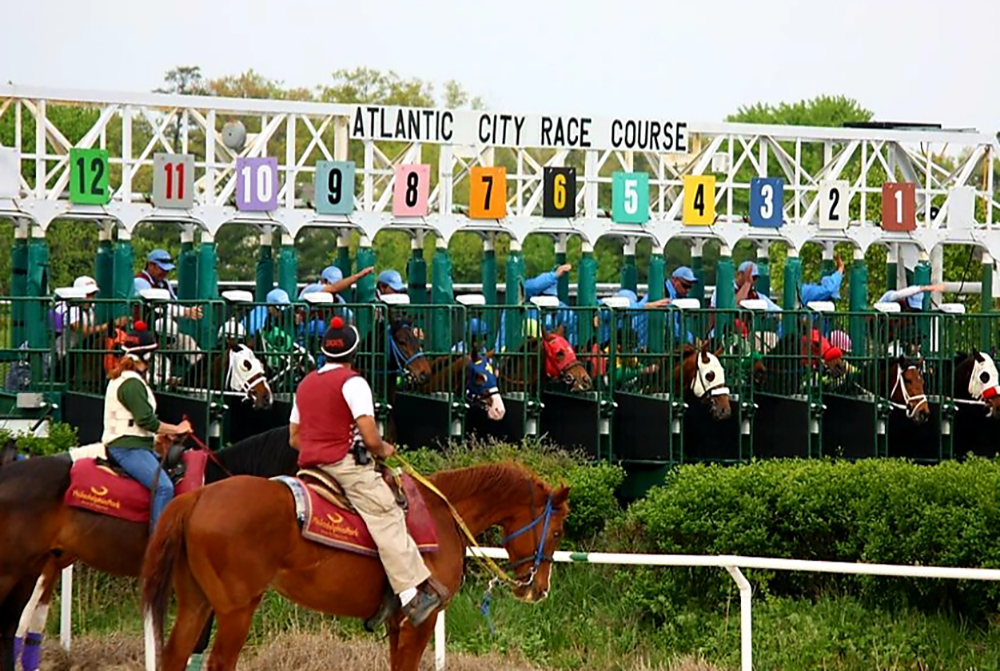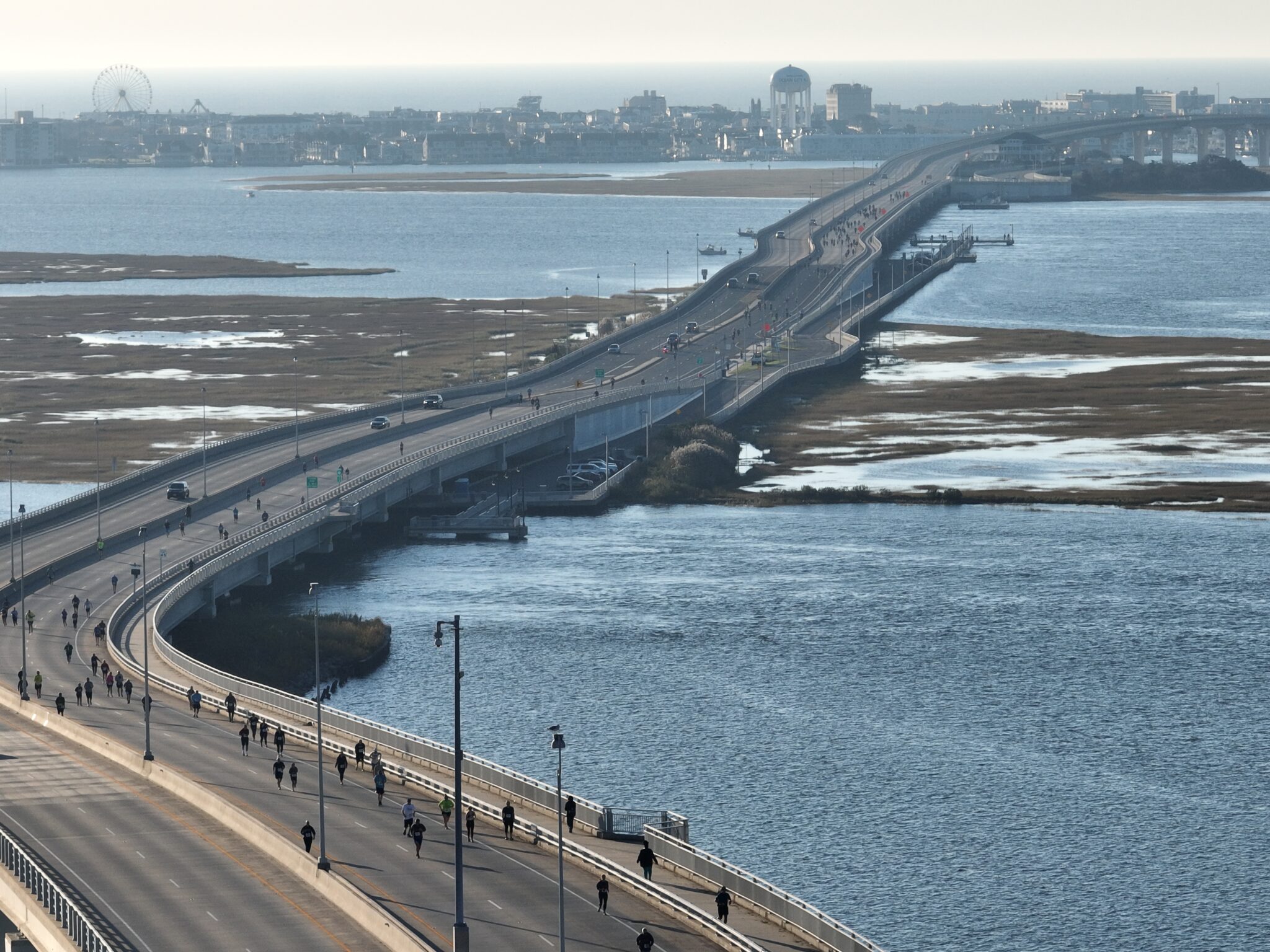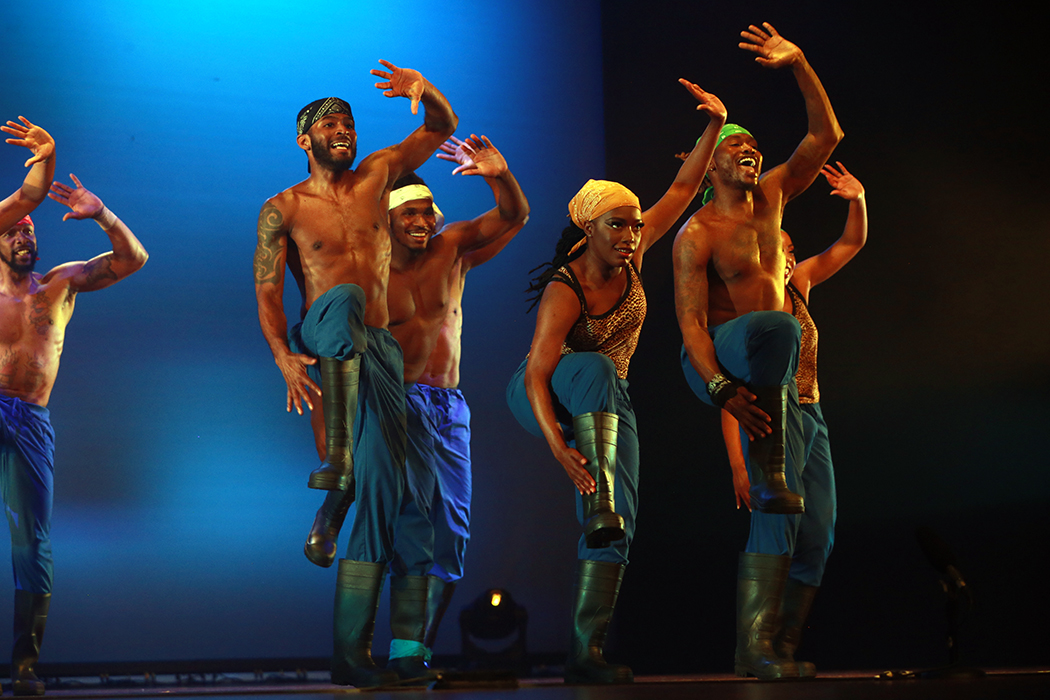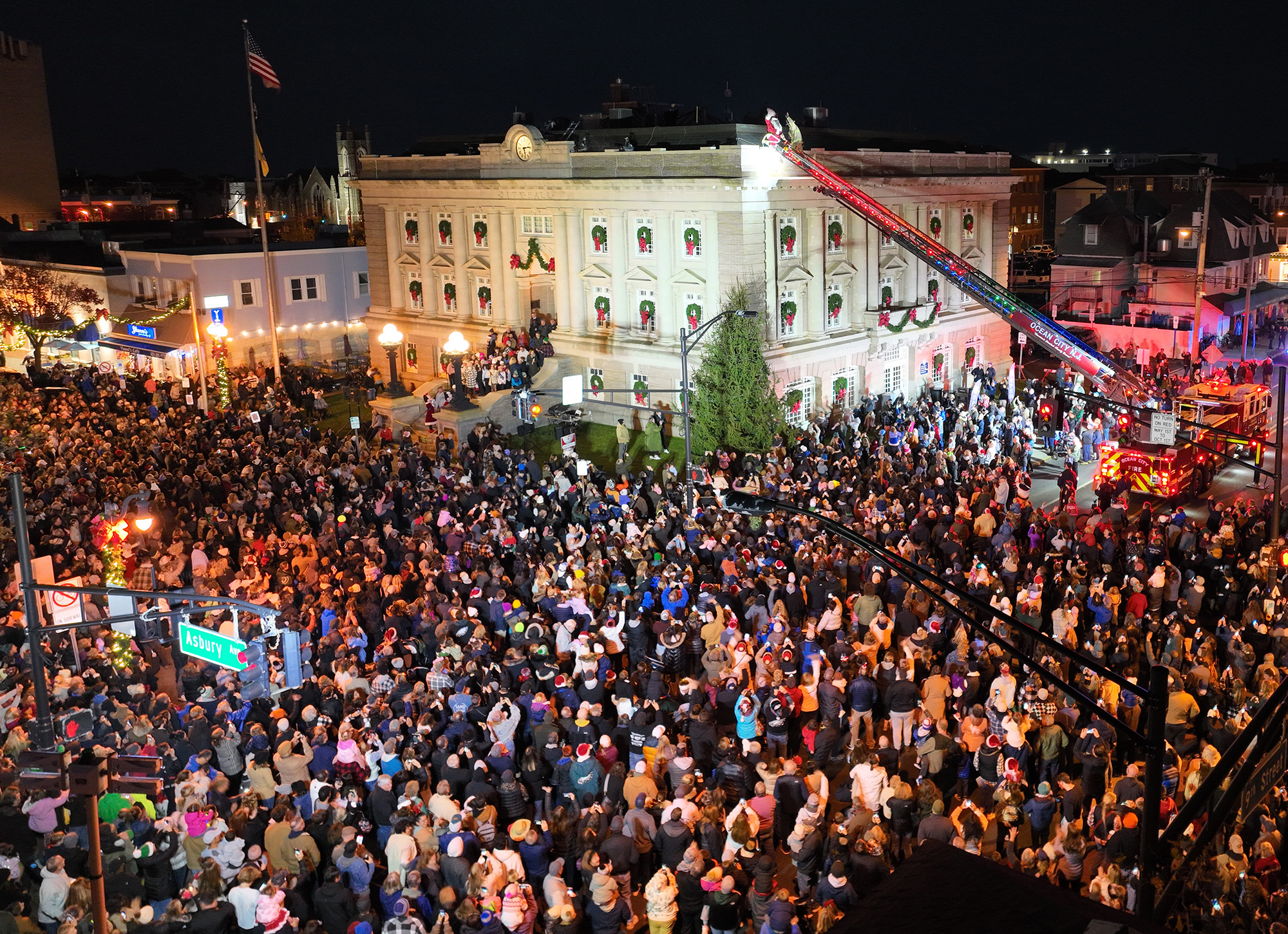By Steffen Klenk
Long before the introduction of casinos in Atlantic City, thoroughbred racing was on the rise. The Atlantic City Race Course was the pinnacle of premiere horse racing in the country.
Atlantic City Race Course was led by the vision of four businessmen, John B. Kelly Sr., Leo Fraser, Fred Scholler and Glendon Robertson. On July 22, 1946, Atlantic City Race Course officially opened to a crowd of over 28,000. Among the attendees included Grace Kelly, daughter of John Kelly, and shareholders Frank Sinatra, Bob Hope, Sammy Kaye and Harry James.
September 1953 saw the debut of the yearly thoroughbred race, the United Nations Handicap. It was Atlantic City’s first showcase for the best turf runners throughout the country and the world. The annual event saw the success of eleven-time Triple Crown jockey Bill Shoemaker, who led three straight wins from 1957 to 1959. Breeder’s Cup winning horse Steinlen rode to victory in the 1990 Caesars International Handicap.
While Atlantic City Race Course was known for its world-class horse racing, the venue has also played host to a variety of entertainment. From August 1-3, 1969, ACRC hosted the Atlantic City Pop Festival. The three-day rock festival was headlined by Jefferson Airplane, Crosby, Stills & Nash, Creedence Clearwater Revival, Janis Joplin and B.B. King, amongst a lineup of dozens. Over 110,000 revelers and approximately 6,000 gate crashers attended the concert, held nearly two weeks before Woodstock.
From its inception, Atlantic City Race Course was at the pinnacle in New Jersey. The track drew record crowds of over 33,000 fans in September 7, 1953. In summer 1967, fans wagered over $3.1 million in a single day, the highest betting handle in ACRC history.
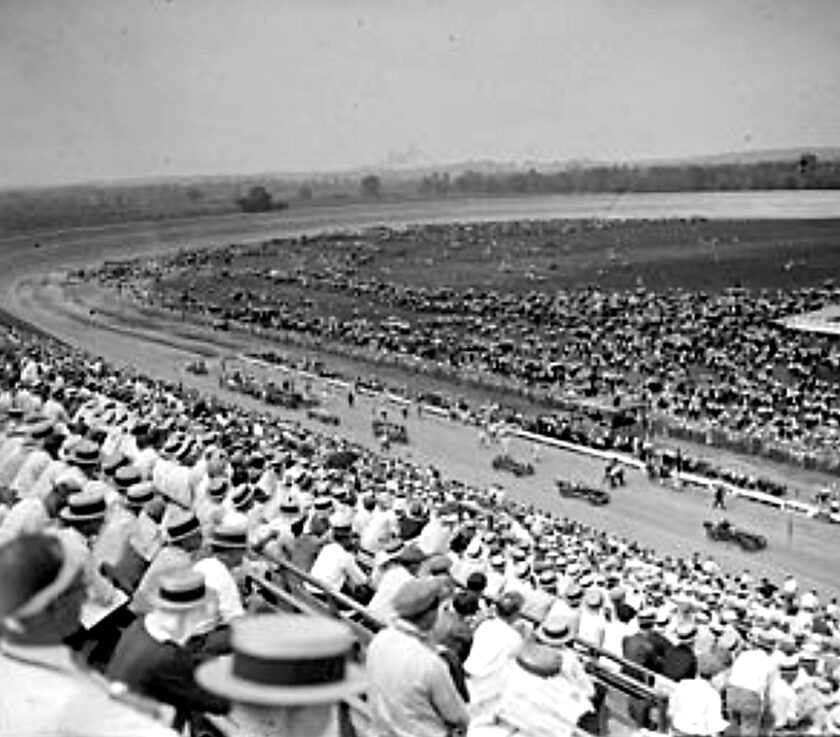
The rise of the casino and gaming industry caused attendance to slowly diminish. In 1983, ACRC became the first track in the United States to receive simulcast racing. New Jersey Supreme Court would suspend simulcast operations in 1985, but was later approved in a referendum. There was an effort to bring slot machines to the Atlantic City Race Course in 1998, but the proposal was shot down.
In its later years, Atlantic City Race Course would seldom open for live simulcasts and thoroughbred racing. Several real estate developers and large businesses made attempts in purchasing the 250-acre property, all of which fell through. On May 4, 2012, Atlantic City Race Course held its final live day of racing, drawing a crowd of more than 25,000.
On January 9, 2015, it was formally announced that Atlantic City Race Course would wind down its operations and close its doors for good. While the future of ACRC and the 250-acre property remains unknown, its legacy and impact on our region has been etched into the history books.

